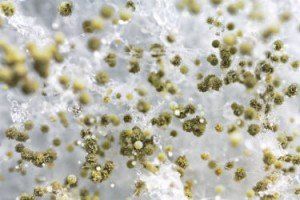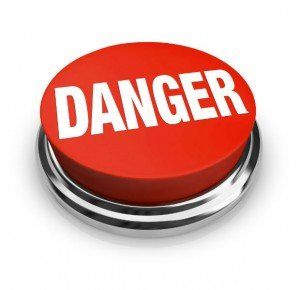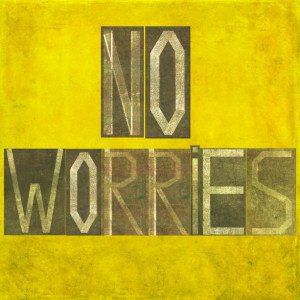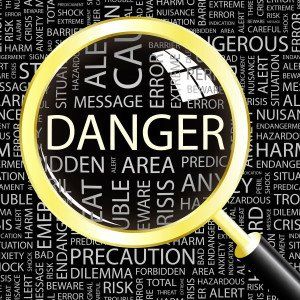






It often starts with a smell…
Many people who use their fireplaces may have noticed an unpleasant smell occasionally coming from their chimneys. This is most likely caused by an accumulation of creosote, a chemical that is left behind in the chimney from treated wood or coal. It is important to understand that there is more to creosote than the unfavorable odor that it leaves behind in the home. If someone is exposed to it directly or it if makes its way into the environment, the chemical compound can actually be very dangerous.
One of the most basic concerns that people have about creosote in the chimney goes is that it is extremely flammable. If the creosote builds up over the years and is never cleaned out, it increases the risk of a chimney fire in the home. A spark that lights in the fireplace and catches the leftover creosote can be the cause of a horrible fire. In the worst cases, the fire will spread beyond the chimney and affect the entire household. Even if this never takes place, however, there are health risks associated with exposure to creosote.

Physical exposure to creosote can result in a number of different health problems, depending on exactly how the exposure takes place. If it is somehow ingested, for example, it will cause a burning sensation in the mouth and throat as well as, in some cases, severe stomach pain. When ingested, it can also cause significant damage to major organs such as the liver and kidneys. There are even health risks associated with simply touching the substance, including skin rashes and irritation. In the most severe cases, any type of exposure to creosote can result in death.
It is also important to note that creosote can enter the environment through the air and soil. If this happens, it can have a negative impact on all plants and animals with which it comes into contact. This is something to keep in mind for anyone who has pets in the home or who regularly eats vegetables that they grow indoors or in their garden. If the garden is exposed to creosote through the air or soil, anything it produces may be dangerous to ingest. This also means, of course, that pets as well as people are at risk for health problems.
Parents should keep in mind that their children may also be at an increased risk for exposure to creosote. This is because they may not wash their hands as frequently as adults and are more likely to put their hands in their mouths. If a child touches the inside of the fireplace, wood, coal or soil that has been treated with creosote, they may be at risk. In fact, exposure in children can lead to potentially lethal poisoning. It is important to make children aware of this danger and to keep them away from any treated materials.
In the case of adults, there are a few common sense ways to reduce exposure to creosote. When dealing with the chimney, fireplace or any treated materials, it is best to wear clothing that covers the hands and arms completely. After completing the task at hand, the clothing should be washed immediately and the person who wore them should wash thoroughly. There is no medical test that determines whether or not a person has been exposed to creosote, so it is necessary to take all precautions and avoid the issue completely.
Luckily, exposure to creosote is relatively low for a person that takes the proper precautions. In most cases where people suffer negative effects, they absorb the chemical through their skin. In order to avoid in a situation in which someone is at risk of creosote related health problems, have the chimney cleaned on an annual basis. Having the chimney inspected and cleaned by a chimney sweep ensures that nobody in the family will accidentally expose themselves to this harmful material.






